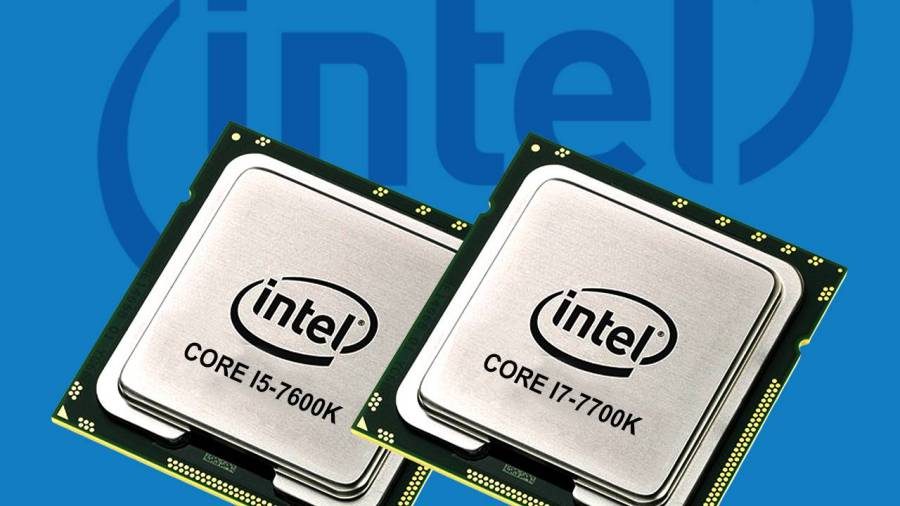On Tuesday, Intel Corporation unveiled its new series of processors for desktop and laptop computers. The 7th generation chips with Kaby Lake architecture are readily available for purchase, with the Core i7 7700K topping the list.
Intel is championing its latest generation of processors as the harbinger of a new era of computing, providing both laptops and desktops with the power necessary to meet the highest performance demands of today’s consumers.
However, several tech outlets have already noted this does not seem to be the case since even the mightiest of all, the Intel Core i7 7700K, fails to impress in benchmark tests when compared to its predecessors.
Intel will exhibit the full extent of its Kaby Lake processor series at the Consumer Electronics Show in Las Vegas later in the week.
i7 7700K Specs and Price
Much like Skylake, the previous generation of chips by Intel, Kaby Lake is based on a 14-nanometer processing technology that delivers faster and better results in computing-heavy tasks.
The chips presented on Tuesday range from two to four cores, although previous generations of Intel processors have seen performance-based versions with up to ten cores.
Intel’s Kaby Lake flagship, the Core i7 7700K, is a quad-core chip with the company’s signature Hyper-Threading technology, which doubles the processing capacity.
The Core i7 7700K comes with a base clock speed of 4.2 GHz, but users can get as much as 4.5 GHz overclocking the chip. Intel HD 630 deals with graphic processing, and it has 8 MB of SmartCache memory.
This top-of-the-line processor goes for $339 straight from Intel, which means consumers can expect a slight price bump from retailers resulting in a $350 price tag or above. Mainstream chips with less performance power start approximately at $120.
What can Intel’s new processors do?
Machines running on Intel’s 7th generation of chips present the most striking differences in performance when it comes to media such as video rendering and reproduction, as well as battery life on laptops.
Kaby Lake processors can run 4K UHD video natively, independent from software updates that enable old chips to do the same. Moreover, they also provide a seamless HD gaming experience both for regular titles and VR games.
In terms of raw performance, Intel claims its new chip series can be between 20 to 25 percent faster on laptops and desktops, and even more so when dealing with video and graphic rendering.
How does Kaby Lake compare to previous generations?
Across all benchmark tests, several industry specialists have reported that the Intel Core i7 7700K barely outperforms its direct predecessor, the Core i7 6700K.
In some cases, results show high-end chips as far as the Broadwell generation to have an edge on the 2017 quad-core flagship by Intel, particularly when it comes to running last-gen games and 3D graphics.
Both in single and multi-core performance tests, the Core i7 i7700K performs as expected with an estimated 5 to 10 percent increase when sided with previous generation chips, and the gap gets bigger with even older models. This difference is more noticeable on laptops than desktops.
All in all, experts agree the latest generation of Intel chips does not represent an overwhelming improvement or a must-have upgrade if you have a computer running on a high-end Skylake processor, but they are indeed a step in the right direction for more powerful, cheaper machines.
Source: Intel



